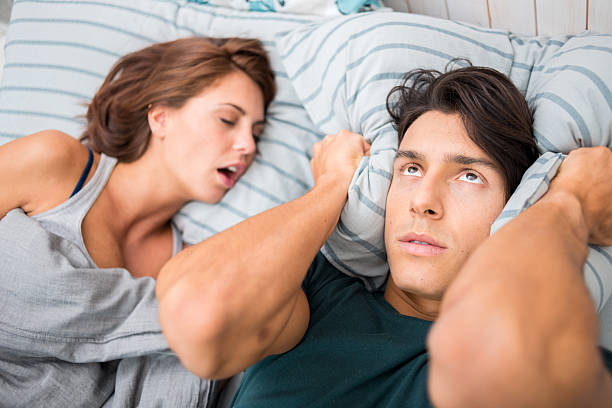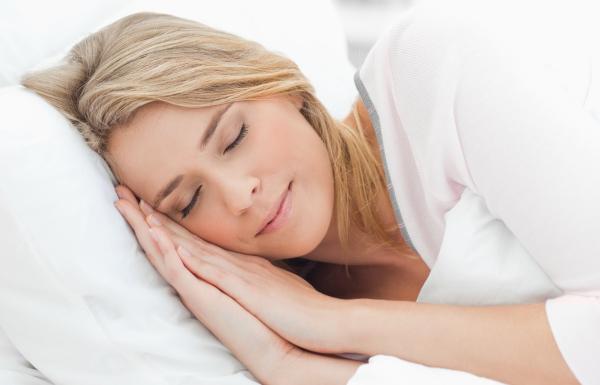I'm a big believer in sleep. That's because it provides the foundation for being productive and healthy each day. When you get a good night's sleep you wake up refreshed and clear-headed, benefits that are widely known – so I'm not breaking any news here.
I'm also – if I may say – pretty good at it. So I feel I have the necessary credentials (in a layman's sort of way) to go down this road.
Studies have shown that people who sleep well are more likely to be healthier, so sleep contributes to overall good health, and it strengthens the immune system while helping ward off illness. Health experts agree.
"I used to suggest that sleep is the third pillar of good health, along with diet and exercise," said Matthew P. Walker, a neuroscience and psychology professor at UC Berkeley, earlier this year. "But I don't agree with that anymore. Sleep is the single most effective thing you can do to reset your brain and body for health."
That, of course, means that not getting enough sleep can be harmful to one's health. So when it comes to anything short of ridiculous gimmicks or whacked-out suggestions, I'm basically interested to learn whether a new approach has the potential to raise a sleeper's slumber quotient.
So when I came across information about a high-tech pillow, I was simultaneously skeptical and intrigued. Intrigue won out, which prompted me to start looking at this alternative sleep-aid a bit more closely.
It's called the Zeeq Smart Pillow – and before we go any further, this is not a product endorsement. But since it's billed as addressing some of the major obstacles to a good night's sleep – the inability to doze off, and snoring, chief among them – it seemed worth checking out.
Starting with the name, it's promoted as "smart" because inside the pillow are, among other components, a motion sensor, a microphone to pick up snoring and a gyroscope. It's "anti-snore control" feature engages "when snoring reaches a preset-level, ZEEQ gently vibrates," the manufacturer writes, "encouraging users to change positions to open constricted airways."
 Hmm ... interesting. It's basically a high-tech nudge, which occurs before both you, the toss-and-turner, as well as your bed partner, have to address this annoying auditory habit. So in this way, as an added bonus, by not disturbing your loved-one you're also allowing your partner to sleep more soundly.
Hmm ... interesting. It's basically a high-tech nudge, which occurs before both you, the toss-and-turner, as well as your bed partner, have to address this annoying auditory habit. So in this way, as an added bonus, by not disturbing your loved-one you're also allowing your partner to sleep more soundly.
The pillow also has: a Bluetooth-driven, wireless music feature that can send you off to dreamland playing your favorite tunes (and apparently so softly that only you can hear); all sorts of sleep-analysis gizmos; and the ability to send data to your smartphone, which you access and study – when hopefully wide awake – the next day.
I won't go into all the bells and whistles, or whether its worth the price because I haven't given it a test-sleep. (Which, I must admit, I'm interested in doing. If I do, I may be back writing about the Zeeq at a later date.)
But for now, the point is that sleep is extremely important – and your good health depends on it. So when out of bed keep your eyes open for new developments in bedroom-sleep technology – especially given these tech-driven times. Because, no doubt as you've heard many times before, added shut-eye is always worth its weight in ... microchips.




